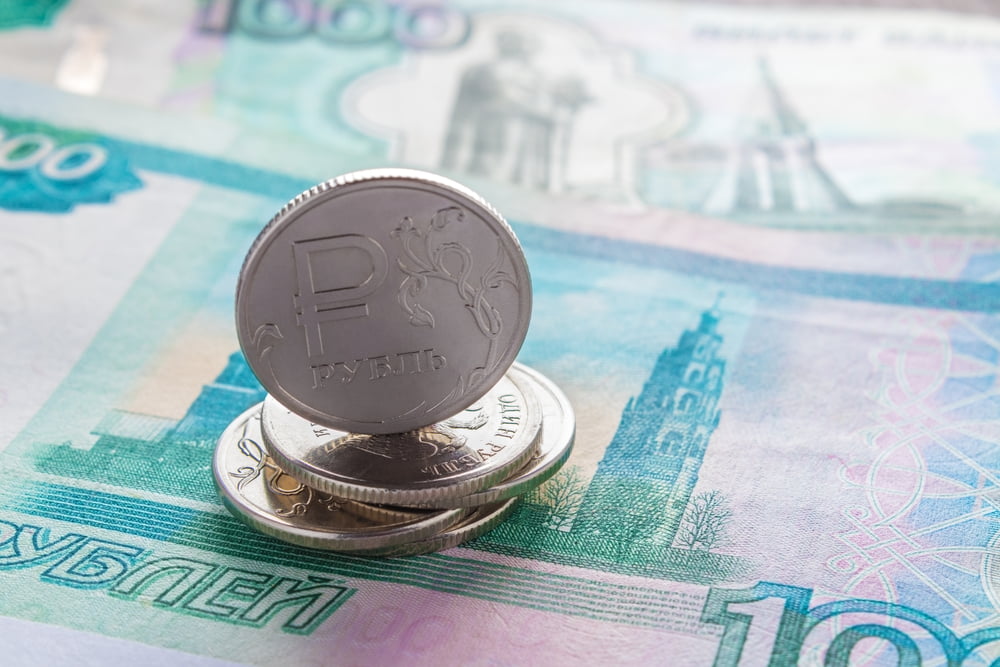Recent reports indicate that Russia is getting ready to launch its own digital currency, the CryptoRuble, thereby confirming numerous rumors about Russia’s plans in the area of blockchain technology.
Russia is embracing blockchain technology and digital currencies
During the last couple of months, Russia has had a passive-aggressive stance toward digital currencies, yet in the past, the country had numerous plans for the good of the crypto community. Reports now indicate that the President of the Russian Federation, Vladimir Putin, has issued a statement indicating that Russia will soon start issuing what it calls the CryptoRuble.
According to Minister of Communications Nikolay Nikiforov, the state-issued digital currency will be a bit different from what we’re used to. More specifically, the public will not be able to mine it, whereas the authorities will be solely responsible for the issuance, control, and regulation of this digital asset. CryptoRubles will be similar to existing cryptocurrencies in that they can be exchanged for cash at any time via an exchange. However, if a user is unable to explain the provenience of his or her CryptoRubles, a tax of 13% will be placed on the exchange. Earned differences between the initial purchase price and the sale price will be subject to the very same tax.
In a recent press statement, Minister Nikiforov stated: “I confidently declare that we run CryptoRuble for one simple reason: if we do not, then after 2 months our neighbors in the EurAsEC will,” referring to the Eurasian Economic Community. It is interesting to observe Russia’s ever-changing attitude towards cryptocurrency, as not long ago, numerous negative statements against bitcoin and altcoins were made by highly-ranking officials of the country.
The purported goal of the CryptoRuble project is to help stimulate the country’s digital economy without having to rely on foreign digital currencies, which are not state-issued and controlled. Fortunately, as the CryptoRuble is based on the blockchain, a state of transparency will exist, yet its features likely won’t make this new state-issued digital currency appealing to digital currency enthusiasts. However, if successful, things will likely change in this regard, as the CryptoRuble could indeed end up being responsible for the birth of a major Russian-based online economy.
Based on everything that has been outlined so far, what do you think about the recent contradictions and the upcoming release of the CryptoRuble? Will other countries consider the idea? Let us know your thoughts!

